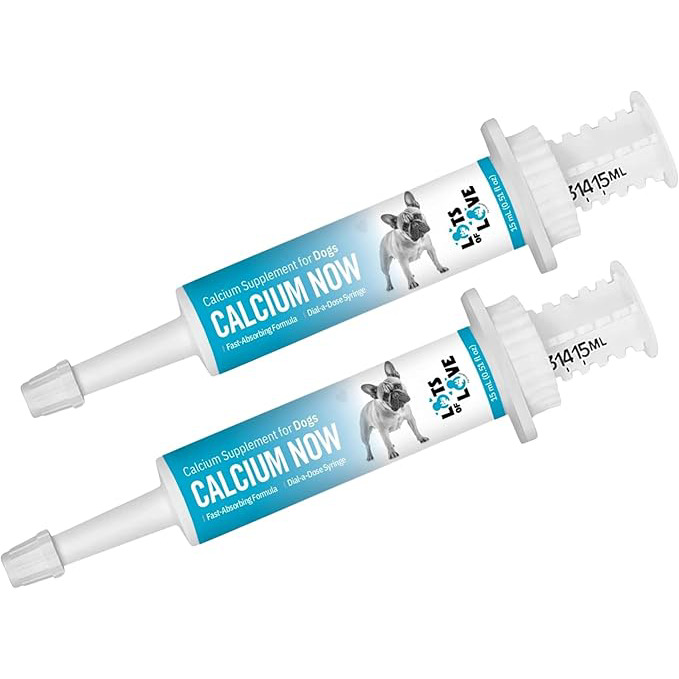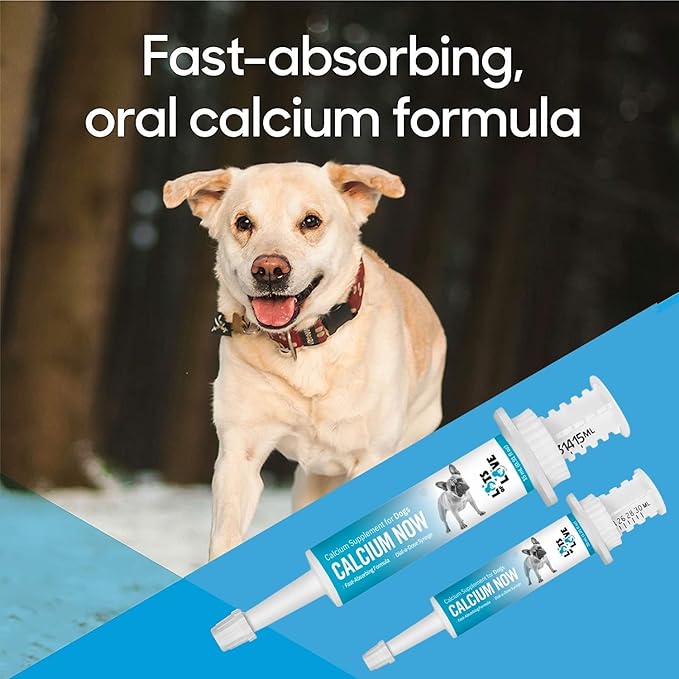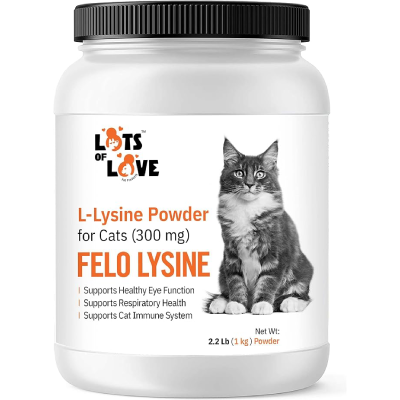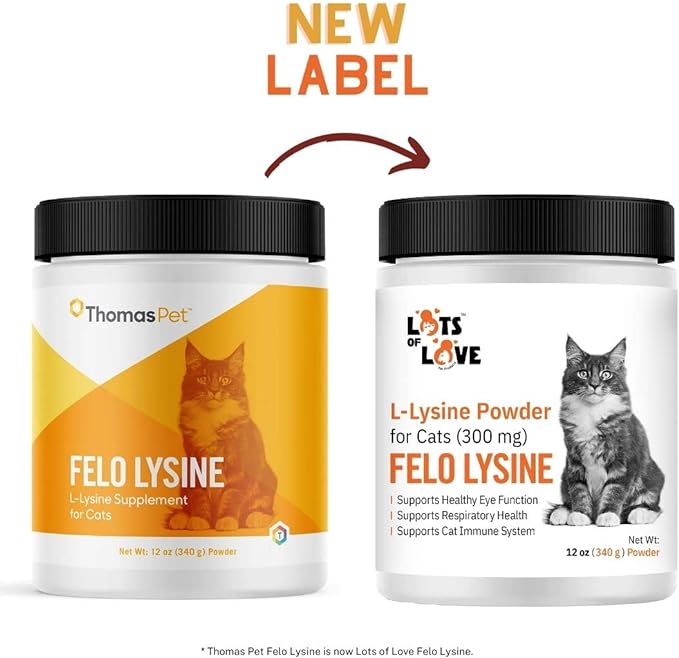What Is Kennel Cough?
Kennel cough, also known as canine infectious tracheobronchitis or Bordetella is a highly contagious respiratory disease that affects the upper respiratory tract of dogs. It causes inflammation of the larynx and trachea.
Kennel cough can have many different causes. One of the most common causes is a bacterium called Bordetella bronchiseptica, which is why kennel cough is sometimes called Bordetella. Usually, numerous organisms are involved and infect a dog simultaneously to create a case of kennel cough, including these bacteria and viruses:
- Bordetella bronchiseptica
- Canine adenovirus type 2
- Canine distemper virus
- Canine influenza virus
- Parainfluenza virus
- Canine reovirus
- Canine herpes virus
- Canine respiratory coronavirus
- Mycoplasma canis
The most common agent that leads to kennel cough is Bordetella bronchiseptica combined with parainfluenza or adenovirus type 2.
While most dogs with kennel cough recover without treatment, it can be more severe in young puppies under 6 months old and immunocompromised dogs. Serious cases of kennel cough can lead to pneumonia.
Supplements like Calcium Now, Mega Cal, and pancreatic enzymes for dogs can significantly enhance your dog's immune system. Calcium Now provides essential minerals that support cellular functions and overall health, while Mega Cal boosts energy levels and nutritional intake, promoting a stronger immune response. Additionally, incorporating pancreatic enzymes for dogs aids in the efficient digestion and absorption of nutrients, ensuring your pet receives the maximum benefit from their diet.
Products like Hydrade and Total Digest further complement this by improving hydration and digestive efficiency, respectively, which are crucial for maintaining a robust immune system. Together, these supplements create a comprehensive approach to bolstering your dog's health and vitality. Moreover, a well-supported immune system is particularly beneficial in combating conditions like kennel cough, as it helps your dog fight off infections more effectively and recover faster, keeping them happier and healthier overall.
How Does Kennel Cough Spread?
Kennel cough spreads when a dog inhales bacteria or virus particles into the respiratory tract. The disease can spread through airborne droplets, direct contact, and contaminated surfaces. Dogs commonly get kennel cough in shelters or kennels or at dog shows, dog parks, boarding facilities, or any place where a lot of dogs are congregating.
A dog’s respiratory tract is normally lined with mucus and cilia (tiny, hair-like structures) that trap infectious particles and get rid of them to help keep the dog healthy. However, various factors or stressors can compromise the respiratory tract and make dogs susceptible to kennel cough. These factors include:
- Cold temperatures
- Being housed in a crowded or poorly ventilated environment, like a kennel or shelter
- Exposure to environmental pollutants, like dust or cigarette smoke
- Travel-induced stress
- Infectious agents (listed above)
- Dogs can contract the virus or bacteria by coming into direct contact with an infected dog.
Signs of Kennel Cough
The most common symptom of kennel cough is a persistent, forceful, and hacking cough. It is sometimes described as a deep, honking cough, and it can sound like your dog is choking on something or has something stuck in his throat.
Other symptoms of kennel cough can include a runny nose, sneezing, and eye discharge.

Kennel Cough Treatment
Most dogs recover from kennel cough without treatment, but some dogs may need medications to help with recovery and minimize symptoms. Your vet may recommend giving antibiotics that target bacteria as well as cough suppressants to help ease symptoms. Keeping your dog in a well-humidified area may help minimize coughing. If you want to take your dog for a walk, it’s recommended to use a harness instead of a collar to avoid aggravating the trachea.
Most dogs will recover from kennel cough within 2 to 3 weeks, while older dogs and those with medical conditions may take up to 6 weeks to fully recover. Cases of kennel cough tend to be more severe for young puppies, older dogs, and dogs with a weakened immune system. If your dog isn’t improving or starts showing other symptoms, including rapid breathing or lack of appetite, you should contact your vet right away.
Kennel Cough Prevention
There are three forms (oral, intranasal, and injectable) of the Bordetella bronchiseptica vaccine that can help prevent kennel cough in dogs.
Unfortunately, the kennel cough vaccine won’t always be successful at protecting against the disease. This is because it can be caused by so many different types of viruses and bacteria. In some cases, a Bordetella bronchiseptica vaccine will minimize symptoms but not prevent the infection. It’s important to note that vaccination will not be useful if a dog is already incubating kennel cough.
If your dog is frequently in contact with and exposed to large groups of dogs, he may benefit from a kennel cough vaccination. The different forms of the kennel cough vaccine can be given at different ages, so it’s best to consult your veterinarian for advice concerning your dog’s situation. Lots of Love Pet Products understands the importance of Fall Pet Safety and Health Issues.

 DOG HEALTH SUPPLEMENTS
DOG HEALTH SUPPLEMENTS DOG DIGESTIVE SUPPLEMENTS
DOG DIGESTIVE SUPPLEMENTS REPRODUCTIVE & BREEDING SUPPORT
REPRODUCTIVE & BREEDING SUPPORT SKIN & COAT SUPPLEMENTS
SKIN & COAT SUPPLEMENTS CAT SUPPLEMENTS
CAT SUPPLEMENTS



